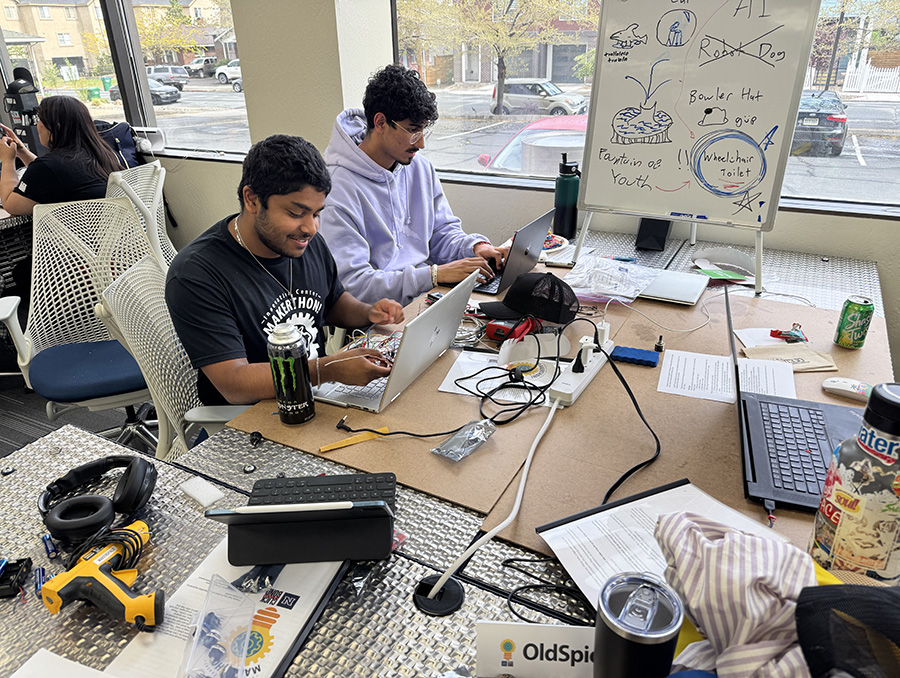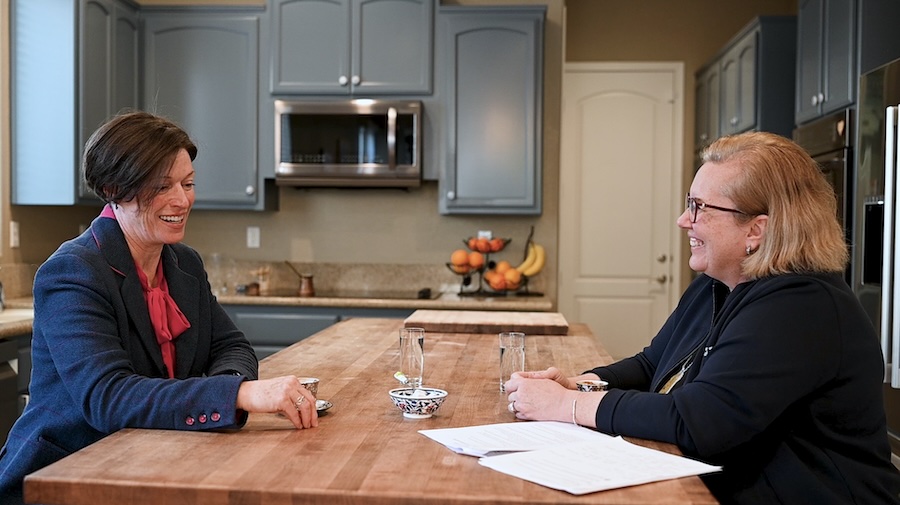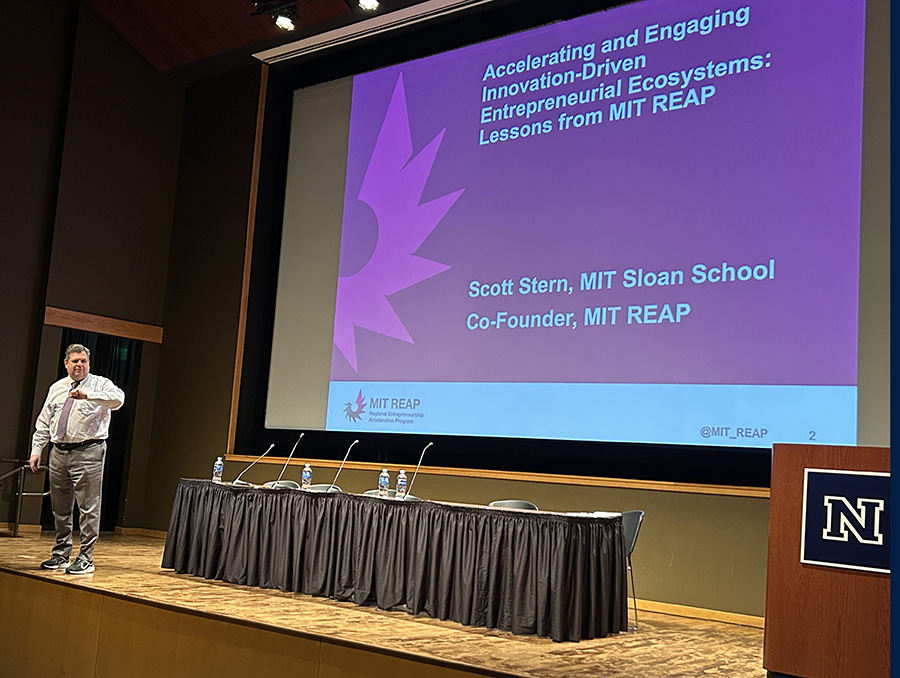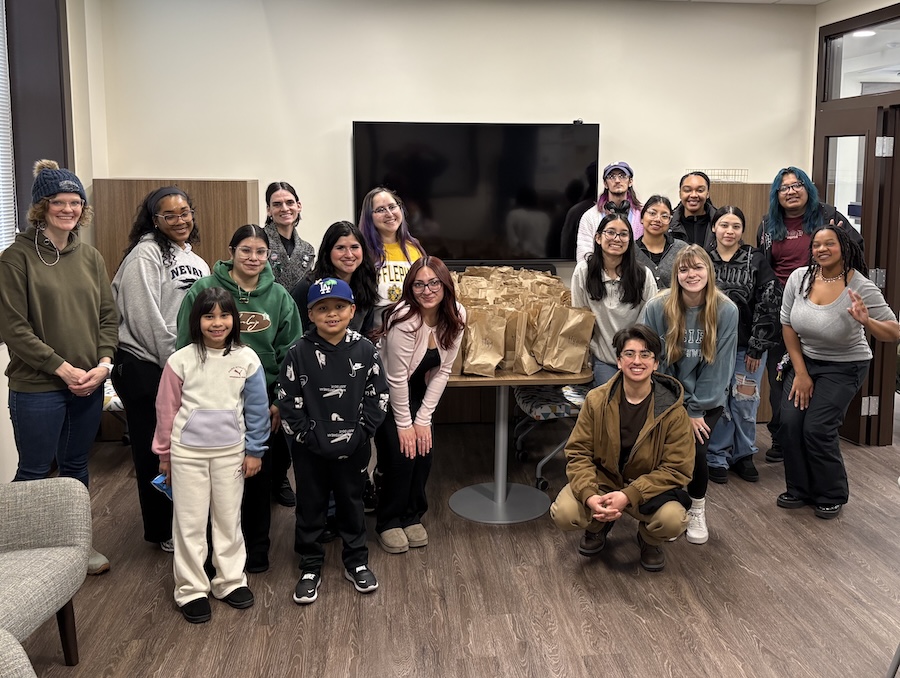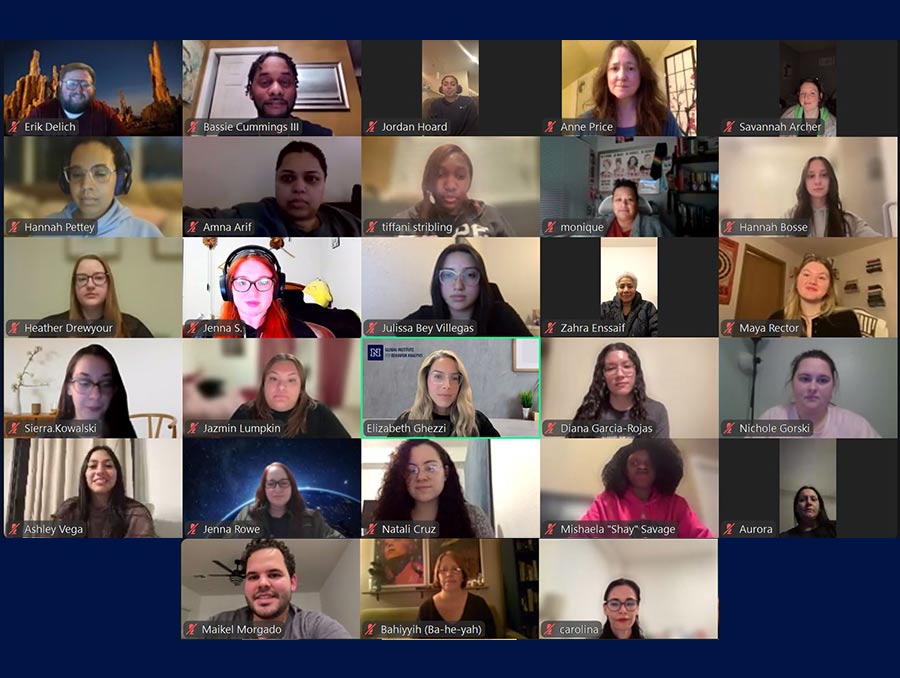The Brussels Forum’s reminder
Student Srivardhan Jangili recently attended the German Marshall Fund of the United States' Brussels Forum and took away an important message
For my event recap of the German Marshall Fund’s Brussels Forum, I could give you a day-by-day, session-by-session summary of what happened and my thoughts on each session. However, I want to talk about what the Brussels Forum was to me, as well as some of the themes and topics that were frequently brought up. Yes, it was a great way to meet people and speak to experts in the fields I am interested in and a wonderful opportunity to learn, but more than that it was a reminder for me. A reminder that despite all the problems the world is facing, despite the increasing number of challenges that need to be overcome, there is still a lot to be hopeful about for the future.
At its very core, the Brussels Forum was a collection of politicians, experts and researchers with different backgrounds, beliefs and experiences coming together to discuss how to solve the issues facing the international community. The commonality between all who attended the Brussels Forum was that they all wanted to resolve the issues facing democracy and help the world move into the future.
This was an important reminder for me. It is very easy to get swallowed by the overwhelmingly negative political discourse that can make it seem like the state of politics is only getting worse. While that is true to an extent, attending the Brussels Forum helped me see all the hard work that is being put in every day and appreciate that there are some positive signs for the future.
I was lucky enough to bring this question up to a panel at Brussels Forum. I asked the panel members what made them hopeful for democracy moving to the future, and they all answered with 'people.' All over the world, in Hong Kong, Myanmar and countless other countries, people are fighting for freedom and their rights. Even if that struggle does not always go well, the prevalence of such a push for freedom bodes well for the future.
Throughout the week-long Brussels Forum, I noticed several themes and topics that were consistently brought up. The biggest of these is the importance of cooperation. Many speakers mentioned how fractured the world was becoming and how authoritarian regimes have an advantage because they can rule through fear, while democracies must cooperate both internally and with each other to be able to fully handle the threats that are being posed by authoritarian regimes like Russia and China. Most speakers touched on the importance of the United States returning to the international community in a cooperative manner and that now a foundation of cooperation must be built in NATO to fully handle the threats in question.
Apart from the threats posed by authoritarian regimes like Russia and China, there was a big focus on the potential threats that are posed by climate change and the growing prevalence of cyberspace. Discussion regarding both of these topics largely focused on how interconnected they are – climate change isn’t just an environmental threat; it also leads to other political and security threats. Similarly, cyberthreats are not just limited to the digital world anymore. With how increasingly interconnected the digital and physical worlds are becoming, a cyberattack can pose legitimate security concerns.
Overall, I really enjoyed the Brussels Forum. It allowed me to see what I have been studying for the past three years play out in the real world, gave me the opportunity to meet and speak to experts, have stimulating discussions on my areas of interest and learn a little bit about things outside of my areas of expertise.
If you are interested in listening to some of the sessions, the German Marshall Fund has uploaded the sessions to their YouTube channel, which is accessible to all.







